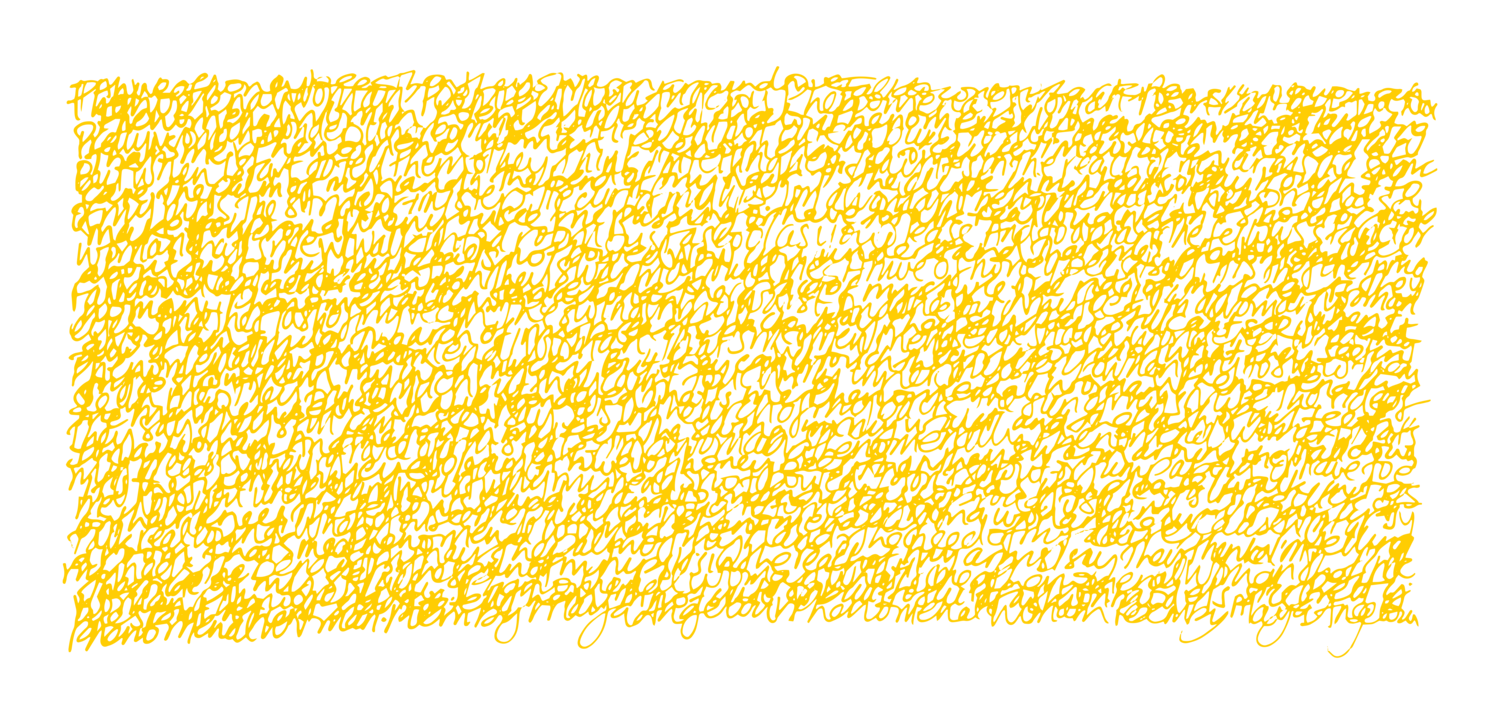The Australian Publishing Industry Has a Problem With Class by Michele Freeman (From Overland)
If the pandemic has taught us anything, it is that a vast majority of people who do the essential work of keeping things ticking along are largely invisible—save for national emergencies, when all of a sudden cleaners and supermarket workers are wheeled out in front of us to ‘tell us what it’s like’. The idea that these same people have larger lives and stories though, is still something that Australia’s literary world struggles to grasp.
Long ago, when the world was different and you could go to events in person, I attended a Sydney Writer’s Festival panel entitled The Larrikin Lie.
The discussion was a mixed bag, and while the panelists made so many good points—around the exclusionary nature of the term larrikin, or the way it can be used to excuse racism and bigotry, or even how it has come to be co-opted, particularly by politicians—there were also some noteworthy missteps. At one point, social researcher Rebecca Huntley shared with the audience what she clearly thought was a valuable insight: namely, that when she questioned a (presumably working-class) focus group in rural Queensland, they told her they didn’t appreciate being questioned as if they were ‘dumb bogans’. They think! And feel! It seemed Huntley—the highly educated daughter of a lawyer, and board member of Bell Shakespeare—was telling us.
Continue reading here:
https://overland.org.au/2021/10/the-australian-publishing-industrys-problem-with-class/

